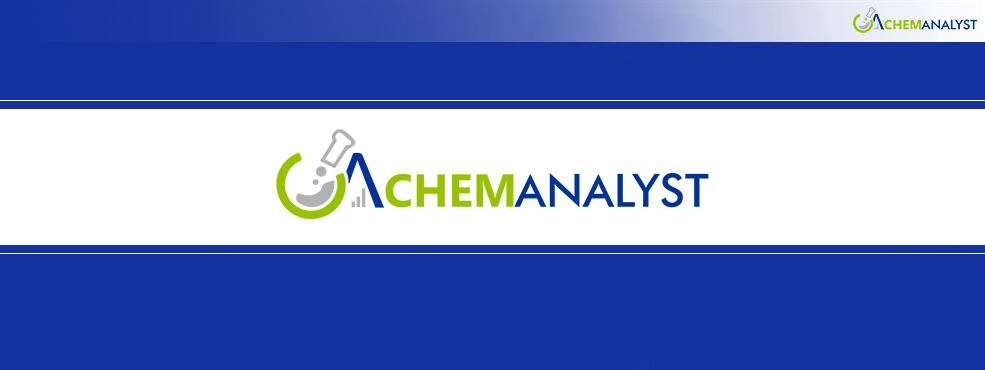Welcome To ChemAnalyst

Frontier Lithium advances Thunder Bay refinery project with Fluor-led feasibility study, targeting 20,000 tonnes annual lithium hydroxide production.
Frontier Lithium Inc. has officially initiated the Definitive Feasibility Study (DFS) for its proposed lithium conversion facility located in Thunder Bay, Ontario. This study represents a crucial advancement in Frontier's strategic development and serves as a follow-up to the earlier definitive feasibility study completed for its mine and mill operations. While the prior study focused on extraction and initial processing, this new DFS is centered entirely on the refinery aspect, aiming to assess the viability of a conversion facility that would utilize both Frontier’s own lithium output and potential third-party feedstock.
The responsibility for delivering the DFS has been awarded to Fluor Canada Ltd., a globally recognized engineering and construction services firm. Fluor brings extensive experience across multiple industries, with particular strengths in critical minerals development, including large-scale lithium refinery projects. As part of this collaboration, Fluor will provide detailed engineering and planning services, including infrastructure layout, process design, capital cost estimation, economic analysis, procurement strategies, and preparation of a comprehensive technical report. In addition to these core tasks, Fluor will coordinate with various technical consultants to support environmental studies and execution planning.
Trevor Walker, President and CEO of Frontier Lithium, expressed strong confidence in Fluor’s capabilities, stating, “After a rigorous selection process, we have chosen Fluor for their expertise in North America and globally in developing critical mineral projects. Their proven history in successfully executing lithium refinery initiatives makes them an ideal partner.” He further emphasized that this project phase is vital not just for the company but for strengthening the domestic electric vehicle (EV) battery supply chain within Canada. Walker added that the project team’s combined lithium refining experience positions them well for the challenges and opportunities ahead.
One of the first milestones of this DFS will be the development of an initial capital cost estimate, which will form the financial backbone for Frontier’s first commercial lithium refining facility. This step also aligns with the company’s longer-term production and commercialization strategy. Moreover, the findings of this study will support the finalization of funding agreements with both the federal and Ontario provincial governments—discussions that were previously mentioned in a company release dated March 4, 2025, and further highlighted in Ontario’s provincial budget on May 15, 2025. Frontier aims to conclude these agreements by 2025–2026 and expects to complete the feasibility study within 18 months.
The proposed refinery will be located at the recently acquired Mission Island site in Thunder Bay. Once operational, the facility is projected to produce around 20,000 tonnes of lithium carbonate equivalent (LCE) of lithium hydroxide annually. This production capacity could potentially support battery manufacturing for up to 500,000 electric vehicles per year. The design of the facility also includes flexibility to process lithium feedstock from other Canadian and international sources, reinforcing Canada’s growing influence in the global battery materials market.
Frontier reiterated its commitment to sustainable development and pledged to work closely with Indigenous communities, stakeholders, and government bodies to ensure responsible and inclusive execution of this significant critical minerals project.
We use cookies to deliver the best possible experience on our website. To learn more, visit our Privacy Policy. By continuing to use this site or by closing this box, you consent to our use of cookies. More info.
